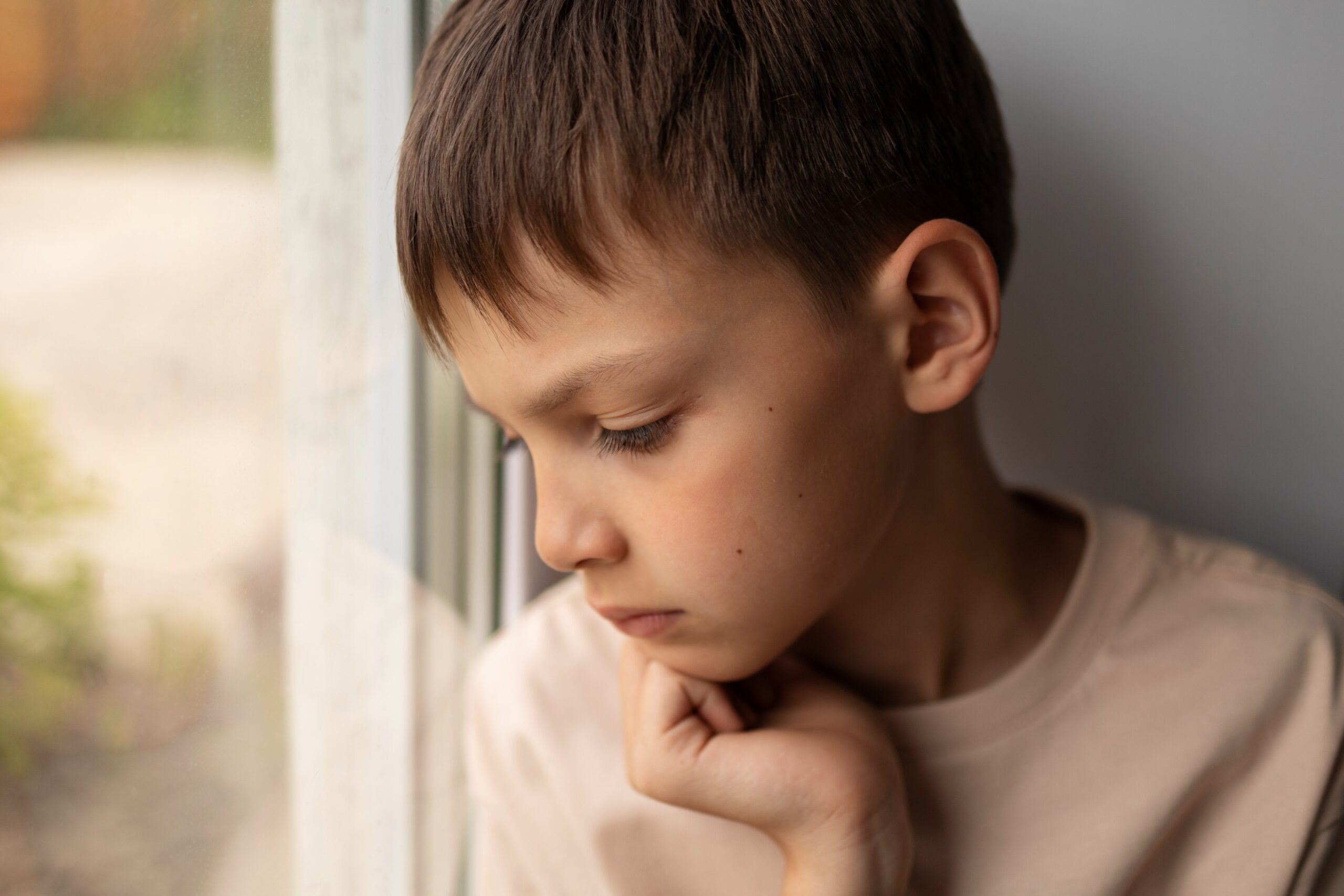When your child has any problem, it becomes a parent’s concern naturally. In many problems, one problem that is faced by children is urinating. Once your child has been successfully potty-trained – ‘taking care of business’ should get easier – but what if the accidents keep happening?
Urinating should be a painful experience and parents do get worried when their child screams, cries, or has fear while urinating. This generally happens when a child is suffering from an underlying issue with the tract. If you notice that your child is struggling or facing problems in urinating, it becomes your responsibility to identify the potential issues or causes behind it and seek methods of diagnosis.
Common Signs of Difficulty Urinating
Before getting into na understanding of the causes of difficult urination, it is better to identify the signs that make it difficult for your child to urinate. The common signs include-
- Frequent attempts but little output: at the time of urinating, your child is not able to urinate properly. It might seem to be struggling for the child as he is not able to urinate as per their urge to do so.
- Pain or discomfort: When your child complains to you about feeling a burning sensation or pain while urinating, it could lead to UTI or other infections.
- Incontinence or accidents: if you have already trained your child to use toilets but keep wetting themselves often, it can also be a sign that they are not able to control their bladder fully.
- Blood in the Urine: Blood in the urine can be a severe symptom, and immediate medical supervision is needed as it is an alarming situation.
- Strong, Unusual odor: A strong, foul smell from the urine may signal an infection or dehydration.
Common Causes of Difficulty Urinating
1. UTI (Urinary tract infection)-
UTI (Urinary tract infection) is a major cause of infection that can take place anywhere in the tract due to microbes such as viruses, fungi, and bacteria in the bladder, kidney, ureters, and urethra. It can take place in anyone including infants, teenagers, and children.
What are the common urinary problems faced by children?
The common urinary problems faced by the children include –
- Urinary infection
- Urinary tract stones
- Incontinence of urine
- Bedwetting beyond 5 years of age
What are the signs and symptoms of UTI in children?
Children often showcase several signs and symptoms which include –
- Painful urination
- Inability to pass urine with a good stream
- Retention of urine
- Associated fever
- Blood or pus passed along with urine
- Abnormal opening of the external urethral meatus
- Infection or painful swelling of the genitalia
What to do: If you suspect a UTI, consult a pediatrician who may recommend a urine test. UTIs are treatable with antibiotics, but they need to be addressed quickly to avoid complications.
2. Constipation
Constipation is a serious concern whether you believe it or not, it can contribute to urinary difficulties or make it problematic for your child to urinate properly. At the time when bowels ae full in the body, they exert pressure on the bladder making it difficult to urinate, especially for the child. It can even lead to discomfort for the child or incomplete voiding of the bladder can also take place.
What to do: you need to affirm that your child is eating a balanced diet composed of enough fiber and taking enough fluids. If your child is facing issues with constipation, you need to consult a pediatrician for taking a piece of advice for treatment.
3. Urinary Retention or Bladder Dysfunction
In some cases, children may have a problem with bladder control, which can result in difficulty urinating. This can be due to an overactive bladder, poor bladder muscle function, or behavioral issues like holding in urine due to fear or a busy schedule.
What to do: If your child has difficulty urinating despite the urge, or if they seem to be holding it in, it’s essential to consult a pediatrician. In some cases, behavioral therapy or a referral to a specialist may be needed.
4. Dehydration
Having the right amount of fluid in the body is important at every age. If your child is not drinking enough fluids, he/she may experience concentrated urine. It brings discomfort to them at the time of urination. it also weakens the bladder or makes it less efficient which leads to difficulty in emptying the bladder rightly and fully.
What to do: dehydration can be easily prevented so you should make your child have enough intake of fluids to resolve the problem. You should make sure that your child is drinking enough water throughout the day as it is a basic need.
5. Bladder or Kidney Stones
It is quite rare among children, stones can be formed in the bladder or kidney causing significant pain during urination. Different symptoms can be seen in this such as pain in the lower abdomen, frequent urination, or blood in the urine.
What to do: if you find that your child is suffering from pain due to kidney or bladder stones, you need to consult a doctor on an immediate basis. Ultrasound, an imaging test is necessary to confirm the diagnosis. It requires the right treatment which may include medication or surgery in a few cases.
6. Vaginal or Penile Issues
In some instances, issues related to the genitalia can cause urinary difficulties. For example, in girls, conditions like labial adhesions (when the labia stick together) or vulvovaginitis (inflammation of the vulva) can cause discomfort while urinating. In boys, phimosis (tight foreskin) may cause pain or difficulty urinating.
What to do: if you find any unusual discharge, redness, or swelling around the genital area of a child, you must consult a pediatrician. Such problems can be treated with some simple medical interventions.
Is there any emergency with urinary symptoms?
In case your child showcases the following symptoms then you must take the child immediately to the pediatric emergency room.
- Blood or pus in the urine
- Inability to pass urine-retention
- Not passed urine 24 hours or more
- Extreme pain while passing urine
- Any kind of injury to the external genitalia.
A pediatrician will be able to evaluate your child’s symptoms, perform necessary tests, and determine the appropriate treatment.
Conclusion:
Although occasional difficulty urinating may not be cause for alarm, it’s essential to monitor your child’s symptoms and seek medical advice if the problem persists or if they show signs of a more serious condition. Early intervention can help prevent complications and provide relief for your child. Remember, urinary issues in children are often treatable, and understanding the underlying cause can make all the difference in ensuring their health and comfort.
If you’re concerned about your child’s urinary health, don’t hesitate to reach out to a Cradle Child Hospital which can guide you in the right direction. Your child’s well-being is always worth the attention!





